
Are we happier when we don’t eat sugar or gluten and should we all be gluten-free?

Are we happier when we don’t eat sugar or gluten and should we all be gluten-free?

The amyloid-β42/40 ratio should be included as a cerebrospinal fluid biomarker for Alzheimer disease, according to a new study.
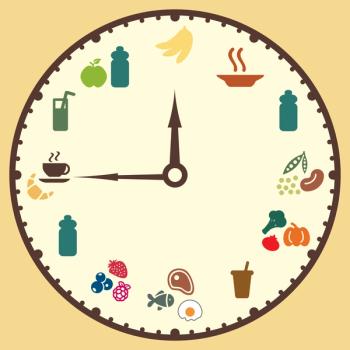
An overview of the first study to demonstrate benefits of sodium benzoate--an NMDA enhancer--in patients with clozapine-resistant schizophrenia.
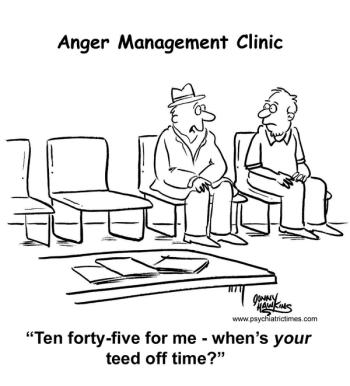
When's your teed off time?
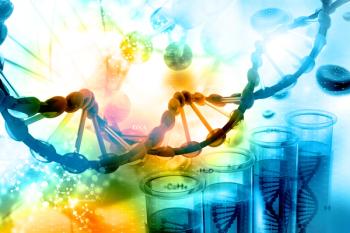
In this exclusive interview, Psyched! podcast hosts continue the conversation with a leading researcher on mind-gut connections.

Given the impact of sleep on quality of life, cognitive functioning, and health outcomes, understanding sleep disorders in older adults is vital to their overall care.

What is the role of stress in the manifestation of depressive symptoms?

What are the symptoms and treatment strategies for this rapidly growing phenomenon in older adults?

The sequel probes the big questions without flinging them in the viewer’s face. How does memory articulate with one’s sense of origin and purpose-and, above all, of death?

A review of the video game Hellblade: Senua’s Sacrifice and implications for psychiatry.

Functional connectivity is a “rapidly developing scientific story.” And for psychiatrists, it is a story worth following.
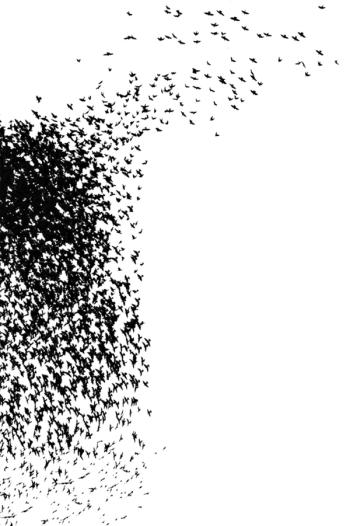
Ten points to consider on the social phenomenon of migration of millions of people across the globe.

We wrote through the night, between moonlight and morning, admissions and discharges, wrote when phones stopped ringing, when pagers stopped paging. We were raw, opening ourselves to chaos and mystery...

Between 2006 and 2016 the overall US suicide rate went up from 10.97 to 13.26 per 100,000 people. Those numbers may seem small, but they reflect an increase of just over 20% in these 10 years.

Labeling a (clinically unexamined) public figure as "dangerous" can do as much or more harm as promulgating a specific psychiatric diagnosis.

ECT has been found effective in mitigating the deleterious consequences of SIB.

This author makes a case against paid peer support for people with mental illness.

The loss of our psychiatrist colleagues reminds us to appreciate them while they are alive.

Lamotrigine’s favorable tolerability is a welcome advance for patients with bipolar disorder. The danger it poses is at the start of treatment, when its mood-lifting effects can easily be waylaid by the eruption of a rash.

New-onset neuroticism and guardedness may be incipient signs of Alzheimer Disease, according to a new study.

How many of you support the APA position on the Goldwater Rule? Let us know in this poll.

Pregnant women should maintain higher high-density lipoprotein levels for adequate fetal brain development and reduction of ADHD risk, according to a new study.
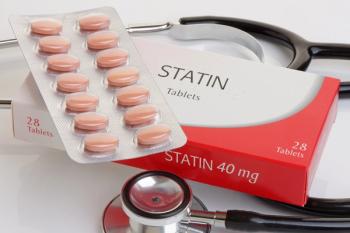
This statin shows promise in reducing symptoms of bipolar disorder and depression. Still, one must be cautious and think through the treatment plan for each patient.

More than 6 out of 10 deaths involve prescribed opioids. The authors address guidelines for who should (and who should not) receive a naloxone prescription.
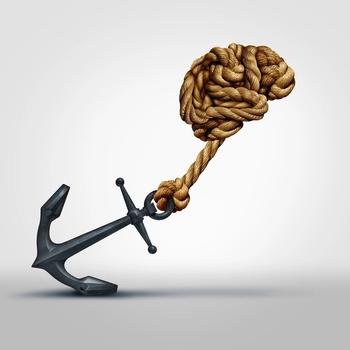
The cases presented here illustrate the complexities of memory loss and psychiatric comorbidities.
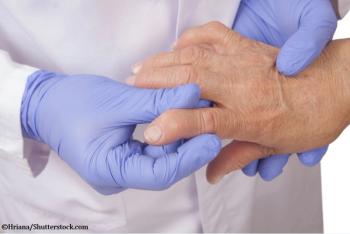
While opioid use disorders are more common in younger patients, prevalence among the elderly is growing.
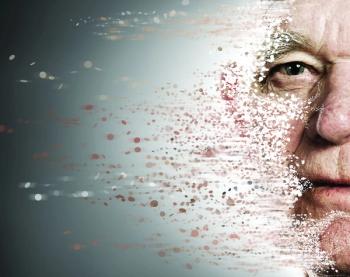
This Special Report on Geriatric Psychiatry addresses a variety of clinical issues in the rapidly growing diverse population of older adults.

While ostensibly The Butterfly Effect tells the story behind the wide availability of free internet pornography, the psychiatrist listener will quickly appreciate that this is only the beginning of the story.
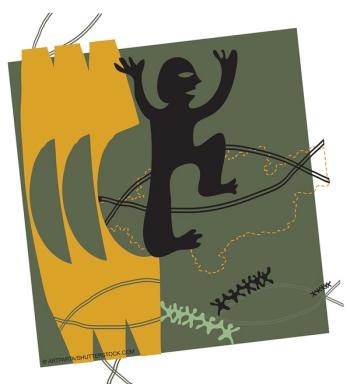
Recent studies have demonstrated the wide-reaching adverse effects of being bullied in childhood. These effects range from impaired academic performance to interest in cosmetic surgery.

The long-lasting impact of psychoanalysis on American psychiatry should continue to be taught and celebrated, if only as a testament to the human ability to seek understanding and find meaning in man’s suffering.